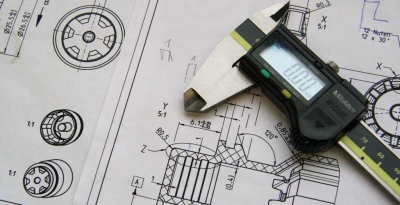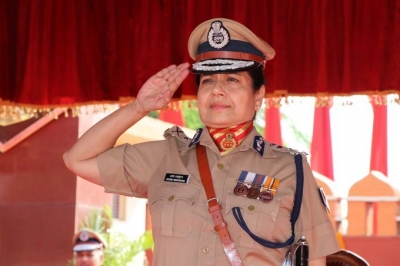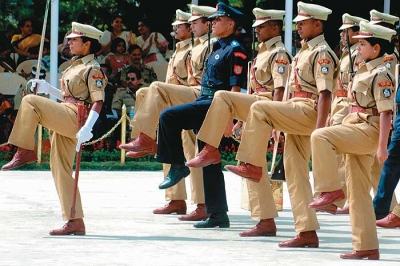
I am student of class XII. I want to know how to start preparing for UPSC civil services examination from now on, so that I can do focussed studies in my graduation.
The entrance examination for entrance to the covered civil services is open to those who have done their graduation. However, Prime Minister Dr Manmohan Singh has suggested a national exam for recruitment to the civil service right after class XII, rather than after graduation. Under the proposed system, Class XII students, who pass this test, would be sent to a National Academy for a five-year course. At the end of three years, a graduate degree would be given to those clearing the normal examinations. The best candidates would be given to their service allotments on basis of merit and choice at the end of three years. They will go in for a two-year service specific course that will cater to requirements of their respective fields. But those at the bottom of the pool would be “released” for seeking other jobs in the market. However, till his suggestion come into effect, induction to IAS will be after graduation.
As of now, civil services exam is conducted in two stages : preliminary exam, held in May/June, followed by main written exam, held in October/November, and ultimately an interview. The preliminary exam is an objective-type exam. There are two papers : general studies, carrying 150 marks, and one subject, carrying 450 marks. The subject paper can be selected from among the following subjects : agriculture, animal husbandry and veterinary science, botany, chemistry, civil engineering, commerce, economics, electrical engineering, geography, geology, Indian history, law, mathematics, mechanical engineering, medical science, philosophy, physics, political science, psychology, public administration, sociology, statistics, zoology.
The syllabus is what is followed at the graduation level. Marks obtained in the main exam will determine whether a candidate is called for an interview, which is of 300 marks. Marks obtained in the main exam and interview determine the final ranking.
The two of you, at this stage, can take care of your general studies and current awareness. To begin with, get into the habit of reading newspapers and magazines back to back. Not only should you be abreast of events around you, you should also formulate views on what’s happening around you. World events, Indian politics, arts happenings, sports achievements should be on your tips. But also read the view columns in newspapers and magazines and the debates on TV, so that you know what are the issues involved in each event.
Picture Credit : Google






